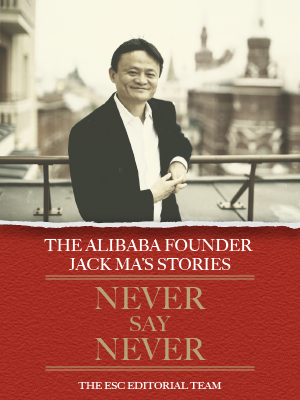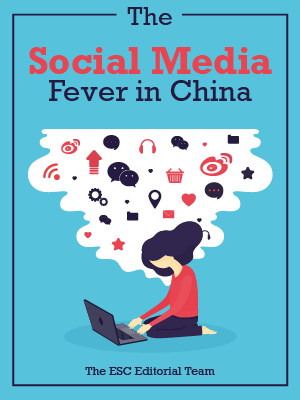Ecommercestrategychina.com uses cookies and other technologies to provide you a better browsing experience. You can get more information regarding the use of cookies, or decline it whenever by clicking Privacy Policy. By using this site or clicking “Okay”, you give us the consent to the use of cookies.
OKAY
First, the implementation of WeChat in Hong Kong was not as successful as Alipay. According to the real-time ranking provided by app Annie, WeChat fell behind WhatsApp in the social app list in Hong Kong, while Alipay surpassed both Payme and Octopus in the financial app list, taking first place. WeChat is seen as more ‘social’ and not as a payment service or tool, which made it hard to arouse much attention in Hong Kong.
In August last year, both Alipay and WeChat were issued a value-added payment tool (SVF) license by Hong Kong Monetary Authority. Alipay's Hong Kong version went live in May this year. Although slightly later than Octopus, also a mobile phone wallet, Alipay overtook it very quickly by a series of promotion and more practical functions. Therefore, Li choosing Alipay was not surprising.
Second, Alipay integrates more business and service while WeChat is merely a "traffic entrance". Li's Cheung Kong Hutchison's core business covers ports, retail, infrastructure, energy and telecommunications worldwide. With more than 600 stores in Hong Kong, Li’s company provides telecommunications services, food, electronics, wine, health and beauty products for consumers. Alipay’s deep development in the financial field has more in common with Li Ka-shing's family industry.
Payment is just a supplement to WeChat’s social network, which connects people and business. It is the starting point, but the end point too. For Alipay, payment is also a starting point, because it keeps developing and extending to insurance, credit, finance and other business areas. After years of accumulation, Alipay has built a mature and sophisticated financial technology system which would benefit Hong Kong locals with rich services and experience in different fields. For Li, whose industries have affected 90% of people in Hong Kong, the potential for the future is far more important than the massive traffic for now.
Alibaba Group is a like some fascinating "Lego building blocks” to Li Ka-shing. There is great potential for Li’s company to work with Alipay in many fields like retail, hotel, exchange, logistics and more.
Last but not least, Alipay's internationalisation certainly puts it in a leading position. WeChat payment is only available in 12 countries, whilst Alipay has partners in 31 countries, including more than 20 million businesses, and the number of overseas users of Alipay exceeded 300 million, which was three times more than that of WeChat. From this perspective, Li Ka-shing, whose business extends worldwide would prefer Alipay.
China's mobile Internet dividends are gradually reaching the top. Alipay and WeChat are accelerating their globalisation through Chinese tourists worldwide, and whilst the first step is to land mobile payment in overseas market, the real globalisation is to attract local users to join and then achieve localisation.
WeChat’s initial globalisation strategy was using an app to conquer the world. Payment, a subsidiary of WeChat, is highly dependent on the globalisation of WeChat. In the heyday of WeChat’s globalisation process, it ranked first in social app lists in many countries. But today the situation has changed dramatically. Taking the India market, one of the most successful overseas markets as an example, where WeChat ranks 19, compared to Brazil where its rank is 37, as WhatsApp there firmly occupies the first place.
Why? An important reason is that WeChat was not fully localised as WeChat used the same version in almost every overseas market. Different from WeChat, Alipay's globalisation was summed up as a globalisation model. Ever since 2015, Alipay had accelerated the investment process in local partners, funding Paytm, known as India’s Alipay in January and September 2015, and investing in South Korean’s first Internet bank K-Bank, and then quickly applied this strategy to Singapore, Thailand, the Philippines, Indonesia, Malaysia, the United States and so on.
Please Login to add comments.

$9.99 $19.98

$9.99 $19.98